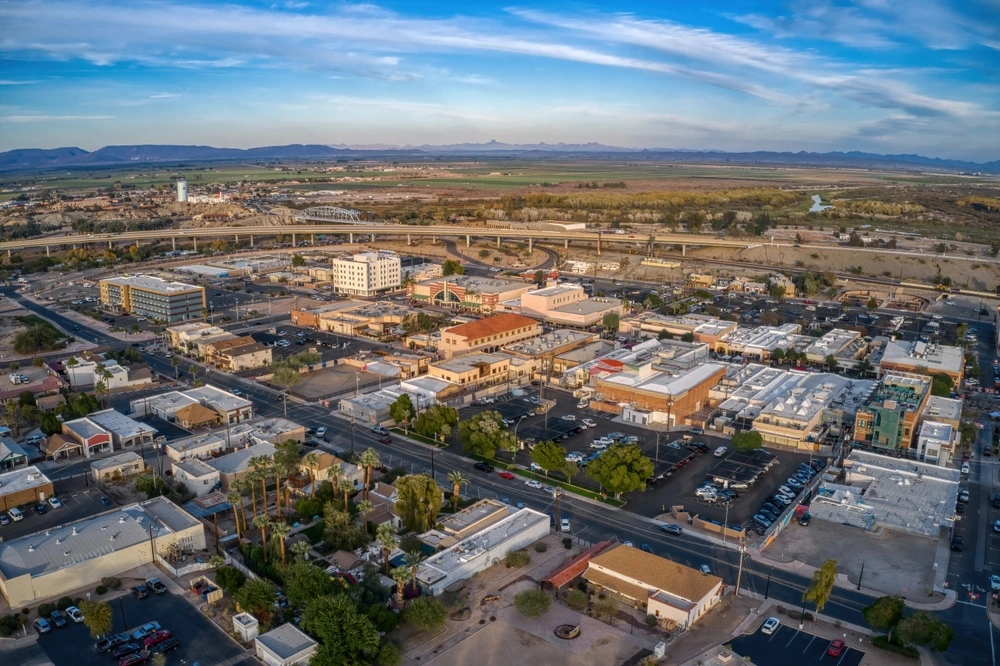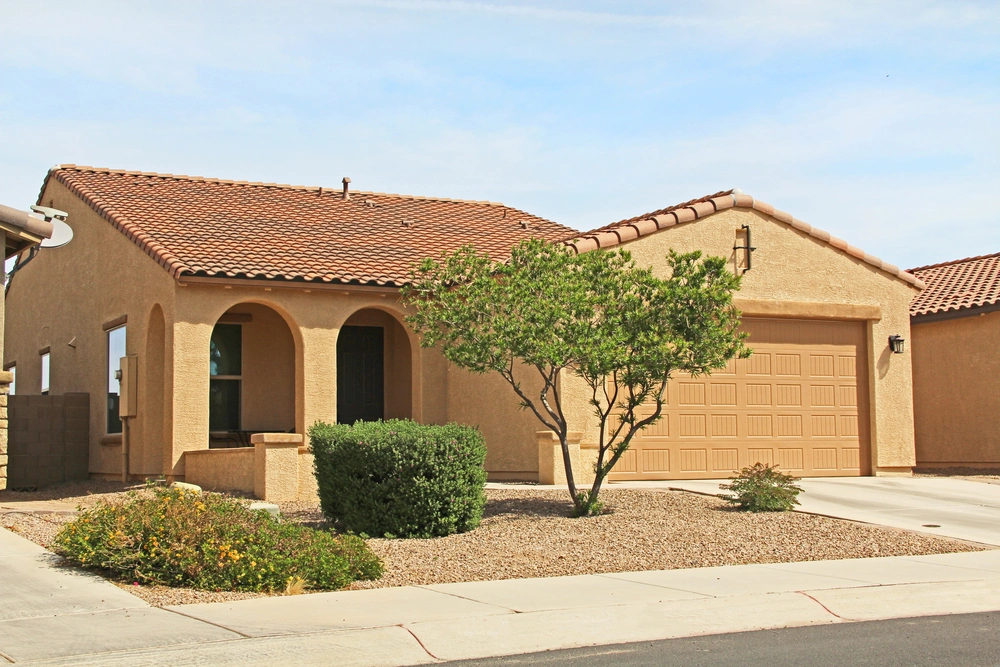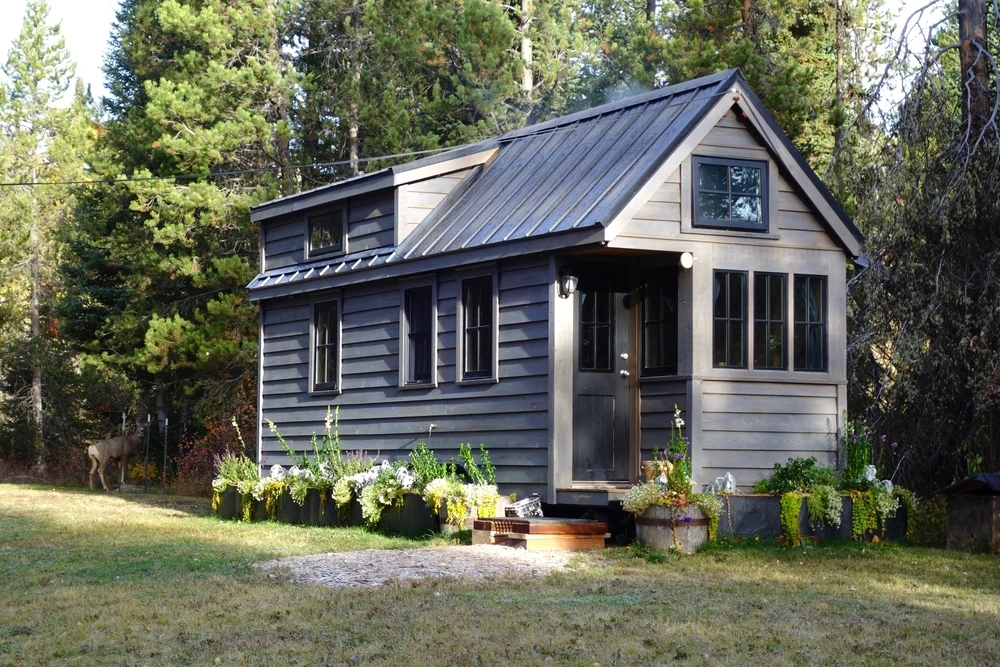
Welcome to our exploration of how Arizona’s vibrant economy influences its housing market. With robust economic growth, increasing personal incomes, and expanding employment opportunities, Arizona presents a fascinating case study for potential homeowners and investors. In this blog, we’ll delve into the specifics, showing how economic trends and housing developments intertwine to shape opportunities in the state.
Arizona’s Economic Growth

In the latter part of 2023, Arizona witnessed a remarkable economic upswing, with a real GDP growth rate of 4.9% in the third quarter. This impressive growth not only signifies a recovering economy but also positions Arizona as a powerhouse compared to other states. The expansion is spread across various sectors, each contributing uniquely to the broader economic environment and, by extension, to the housing market.
Employment Trends and Their Effects on Housing

As of April 2024, Arizona’s unemployment rate stood at a commendable 3.60%, showing a stable job market and a decrease from previous months. This rate is notably lower than the long-term average of 6.13%, indicating a strong economic position. A flourishing job market typically boosts housing demand as more people move into the state seeking employment and subsequently needing accommodation. Urban centers like Phoenix and Tucson are particularly impacted, seeing an uptick in both rental and housing markets.
The Influence of Personal Income on Housing Affordability

Arizona’s economic prosperity is also reflected in its rising personal income levels. In 2023, the state’s per capita personal income reached $61,652, marking a 5.6% increase from the previous year, which outpaced the national growth rate of 4.7%. This boost in income has enhanced the buying power of many Arizonans, making it easier for more people to consider purchasing homes. This financial uplift is likely to continue bolstering the housing market, especially in regions with high economic activity.
Housing Market Dynamics

One of the most direct indicators of a thriving housing market is the rise in housing permits. As of the first quarter of 2024, Arizona saw a 30.1% increase in seasonally-adjusted total housing permits over the previous year, led by a surge in single-family home permits. This spike signals robust development activity, responding to the growing demand across the state. Median house prices have also climbed, with Phoenix reaching $444,990 and Tucson at $364,900 by March 2024, showcasing a strong market for sellers and a promising, albeit competitive, market for buyers.
Sector-Specific Economic Growth and Housing

Arizona’s economy is not just growing overall; specific sectors are expanding at remarkable rates. The retail trade sector, for example, grew by an astounding 20.8% in the third quarter of 2023. This sectoral growth often leads to increased employment and higher demand for housing as workers seek residences near their places of employment. This dynamic is particularly evident in metropolitan areas, which are hubs of both economic and residential development.
Consumer Spending and Housing Market

Arizona’s economic growth is further underscored by trends in consumer spending. In the first quarter of 2024, the state’s taxable retail sales, including remote sales, rose by 1.5%. This slow but steady growth reflects a cautious optimism among consumers. Importantly, remote sellers saw a more than 10% increase in sales over the year, highlighting a shift towards online shopping. These trends have implications for the housing market, as increased consumer spending can lead to greater economic stability and confidence, potentially boosting the housing sector.
Long-term Economic Outlook and Predictions for Housing

Looking ahead, Arizona’s economic growth is expected to continue, albeit at a slower pace. The baseline forecast suggests a gradual slowing of growth, influenced by demographic changes like the aging of the baby boom generation. Despite this, the housing market remains buoyant with strong permit activity anticipated to continue into 2024. This steady demand for new homes, especially single-family residences, indicates a healthy housing market that could withstand economic shifts.
Conclusion

Overall, Arizona’s economy and housing market exhibit resilience and growth, driven by robust economic indicators and strong consumer confidence. For potential homeowners and investors, these trends suggest a favorable environment for real estate investment and development. Arizona’s economic stability, coupled with a thriving job market and rising incomes, provides a solid foundation for sustained growth in the housing sector.
